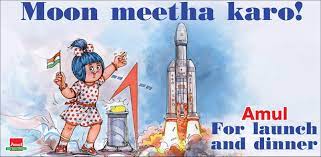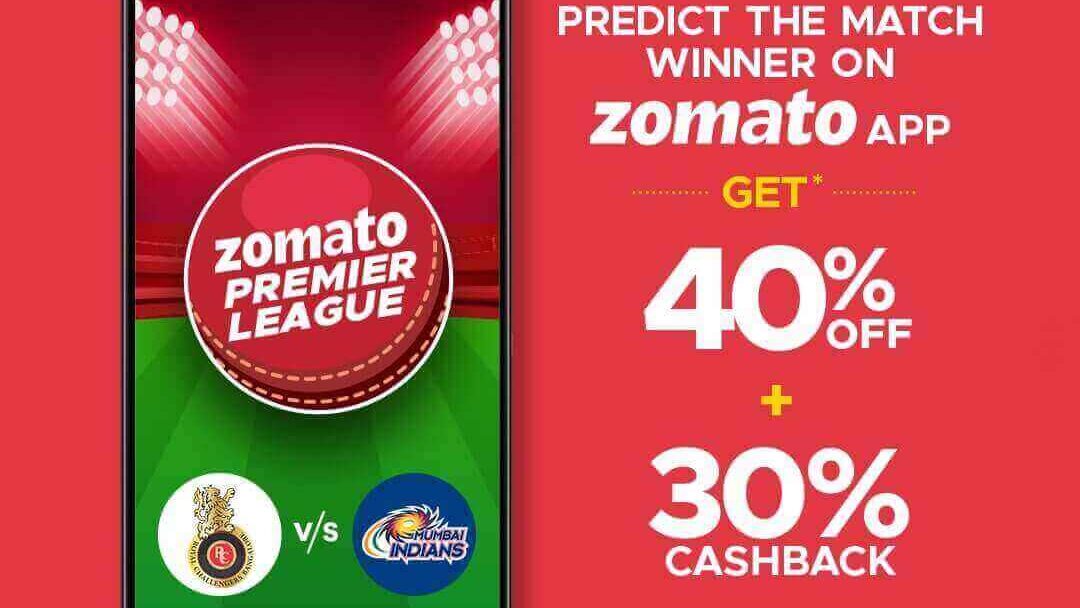Moment marketing is a strategy where companies capitalize on real-time events, trends, or viral content to engage with their audience and promote their brand.
By swiftly aligning their marketing efforts with current events, companies can create relevant and timely content that resonates with their target audience.
Companies can use moment marketing to create their brand by:
Building Relevance: By aligning their brand message with popular events or trends, companies can position themselves as in touch with current happenings, thus making their brand more relevant and relatable.
Increasing Engagement: Timely and relevant content tends to attract more attention and engagement on social media platforms. This engagement can lead to increased brand visibility and a broader reach.
Showcasing Creativity: Creating content that cleverly integrates with current events showcases a company’s creativity and agility. This can leave a positive impression on the audience.
Establishing a Connection: Moment marketing enables companies to connect with their audience personally by participating in ongoing conversations, which can help build a stronger brand-customer relationship.
Generating Buzz: Clever and well-timed-moment marketing campaigns can generate buzz and viral sharing, potentially increasing brand awareness and exposure.
However, companies must balance staying current and maintaining their brand’s authenticity. Using moment marketing with a clear connection to the brand can come across as forced or insincere, potentially harming the brand’s image.
Explaining Moment Marketing with Examples

Amul’s Creative Billboards: Amul is known for its witty and timely billboards that comment on current events, ranging from politics to sports and entertainment. These billboards often incorporate wordplay and humor to connect with ongoing conversations and engage their audience cleverly.

Oreo’s Dunk in the Dark: During the 2013 Super Bowl blackout, Oreo seized the opportunity with a simple yet effective tweet: “You can still dunk in the dark.” This quick response showcased their agility and creativity, earning them significant attention and praise.

Zomato’s Zomato Premier League: Zomato, a food delivery app, capitalized on the Indian Premier League (IPL) frenzy by introducing “Zomato Premier League.” They offered discounts that were linked to the number of runs scored in a match, tapping into the cricket fever and attracting users with cricket-themed promotions.
Durex’s Supreme Court Verdict Reaction: When the Supreme Court of India decriminalized homosexuality in 2018, Durex India tweeted, “Freedom finally! #Section377.” This tweet celebrated the landmark verdict and highlighted the brand’s support for the LGBTQ+ community.

Tata Motors and Lionel Messi: When Lionel Messi announced his retirement from international football in 2016, Tata Motors released an advertisement for their hatchback car, Tata Tiago, with the tagline “#MadeOfGreat.” The ad featured Messi driving the car and playing on the idea of resilience and greatness, aligning with the moment’s sentiment.
Understanding moment marketing with examples showcase how companies use moment marketing to connect with their audience by tapping into current events, trends, and cultural moments, ultimately enhancing their brand’s visibility and engagement. Moment marketing in India involves leveraging culturally significant events and trends to create content that resonates with the audience, increasing brand visibility, engagement, and loyalty.
Moment marketing is also known by several other names, including:
Real-Time Marketing: This term emphasizes the strategy of creating and delivering marketing content in real time, aligned with current events or trends.
Trendjacking: Trendjacking involves capitalizing on trending topics, hashtags, or conversations to insert your brand’s message into the ongoing discussions.
Event-Driven Marketing: This refers to the practice of tailoring marketing efforts around specific events, whether they are planned events (e.g., festivals, holidays) or unplanned events (e.g., news, viral content).
Agile Marketing: Agile marketing emphasizes the quick and flexible adaptation of marketing strategies based on changing market conditions, trends, or opportunities.
Contextual Marketing: Contextual marketing involves delivering content that is relevant to the context in which the audience is currently engaged, which often includes current events and trends.
Opportunistic Marketing: This term underscores the idea of seizing opportunities as they arise, such as leveraging current events to promote your brand.
These terms all refer to creating marketing content that is timely, relevant, and aligned with current events or trends to engage with the audience and promote a brand.
Follow Nitin Kr Saxena
Professor of Marketing & an esteemed alumnus of IIM Ahmedabad, Dr. Saxena holds a Ph.D. in Brand Management, which garnered him the prestigious Best Ph.D. Thesis award. Recognized for his exceptional contributions to academia, Dr. Saxena has been honored with the Young Faculty by CEGR. Additionally, he received the “Best Professor in Marketing Analytics” award.